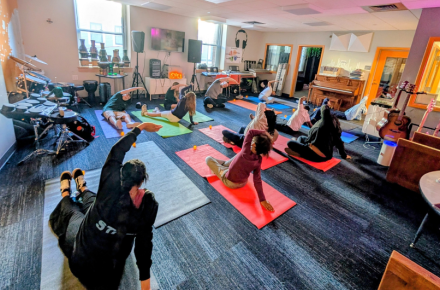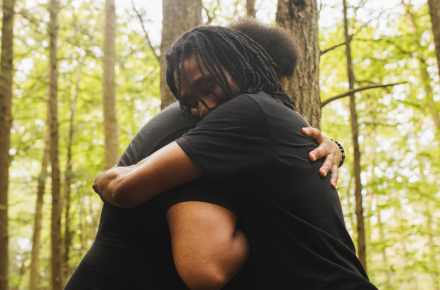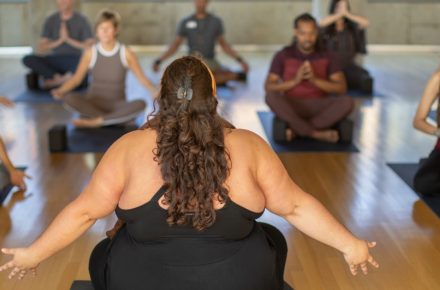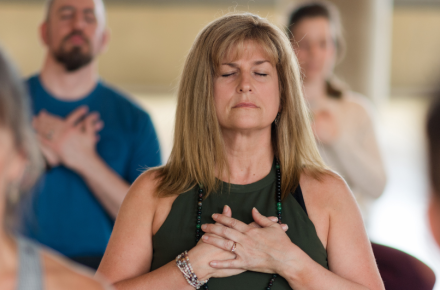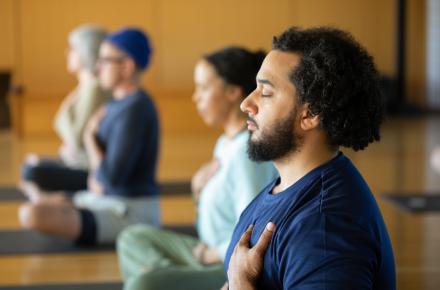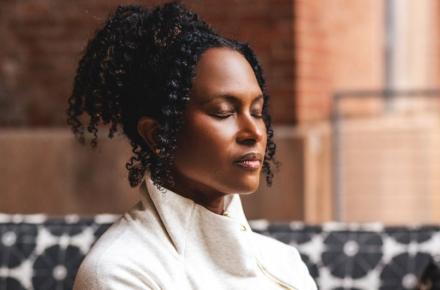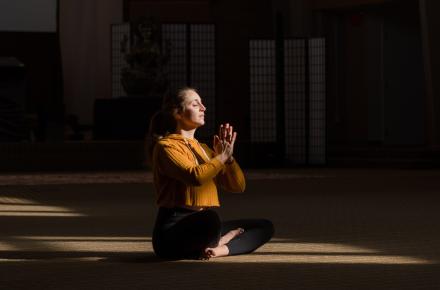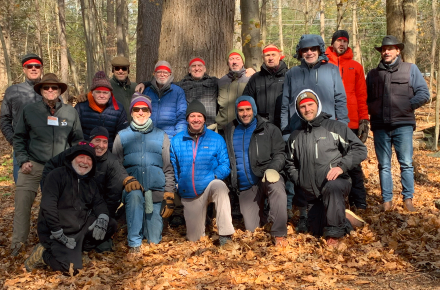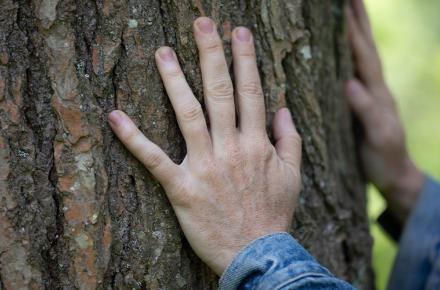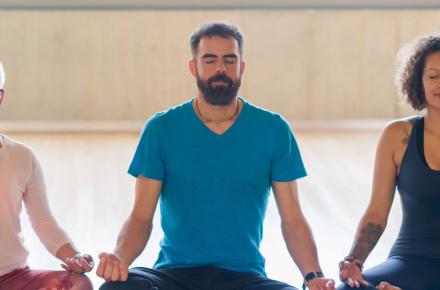Decluttering, Mentally and Physically
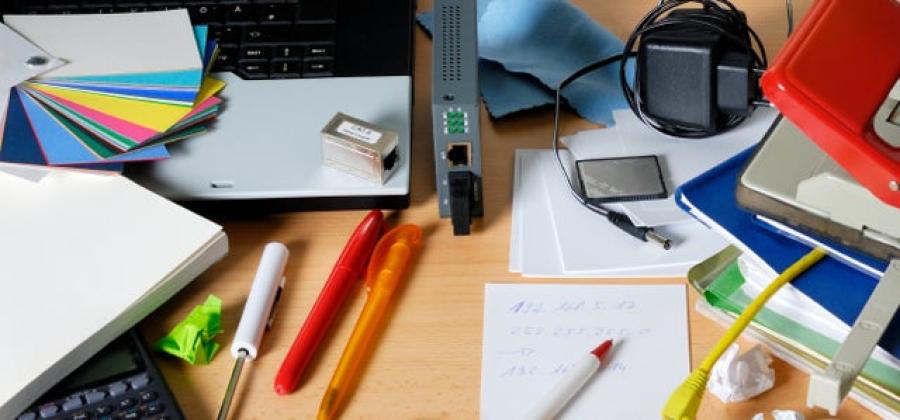
How to clear your head—and your life—of all that stuff.
For their book, Life at Home in the Twenty-First Century, a team of researchers at the University of California, Los Angeles visited the homes of 32 typical middle-class, dual-income families in Los Angeles and recorded what they saw. The book was intended to provide, as they wrote, “an unflinching examination of actual homes amid all the joys and messiness of real life.” And messy it was:In the first house they went to, researchers logged more than 2,000 possessions—in the first three rooms alone.
Our well-documented obsession with stuff has spawned a backlash, naturally, including a movement of people who aspire to pare down to no more than 100 items—and utensils and underwear count. Many claim that among reducing the wastefulness associated with over-acquiring, a less cluttered home will lead to a less cluttered mind. But does it really work that way? Not necessarily, says Coby Kozlowski, MA, E-RYT, a professional life coach, inspirational speaker, and faculty member at Kripalu. “I don’t think it’s so black and white, though I do think having less stuff creates space in your life that can be supportive to reducing stress,” she says. “Stuff requires maintenance, which can eat up time and energy.”
Of course, not all clutter shows up in a tangible form. Much of the clutter that holds us back in life is actually emotional clutter—some of it caused by possessions, but much of it caused by experience. The best way to free your mind of clutter, says Coby, is to first pay it some attention. “Notice habitual thoughts that don’t serve you, and let them go,” she says. “Once you start observing the thoughts that aren’t supportive to feeling more alive, you’ll create freedom. This is a constant practice, a living meditation.” Other tips include journaling—giving the “clutter” space to flow—breathing, and co-listening. “Having a friend or partner just listen without commentary allows you to have valuable time to declutter by sharing,” says Coby. “Or go do your favorite activity—dance, hit golf balls, change it up. Just get out of your head and into your body.”
Still, there’s the matter of all that stuff. Here, Coby offers some tips on decluttering your space, though she adds it’s important to remember that what works for one may not work for someone else.
Set an intention. Decluttering will take effort, so it’s important to acknowledge why you’re doing it. For example:“I am going to declutter one room a week because it will allow me to feel more relaxed and peaceful” shows intention.
Be accountable. If you have a hard time throwing things out, enlist a friend to help. And commit to getting rid of storage units. If you have something in storage—or in boxes in the basement—for longer than six months, get rid of it.
Keep new stuff in check. Americans tend to spend the first half of their lives accumulating stuff and the second half getting rid of it. Try this: Anytime you buy something new, give 5 things to Goodwill. And don’t buy anything you can’t afford: No credit cards!
Remind yourself of the consequences. Visit your local landfill and witness what you’re contributing to with unnecessary purchases—that is, more stuff that will end up in the ground.







